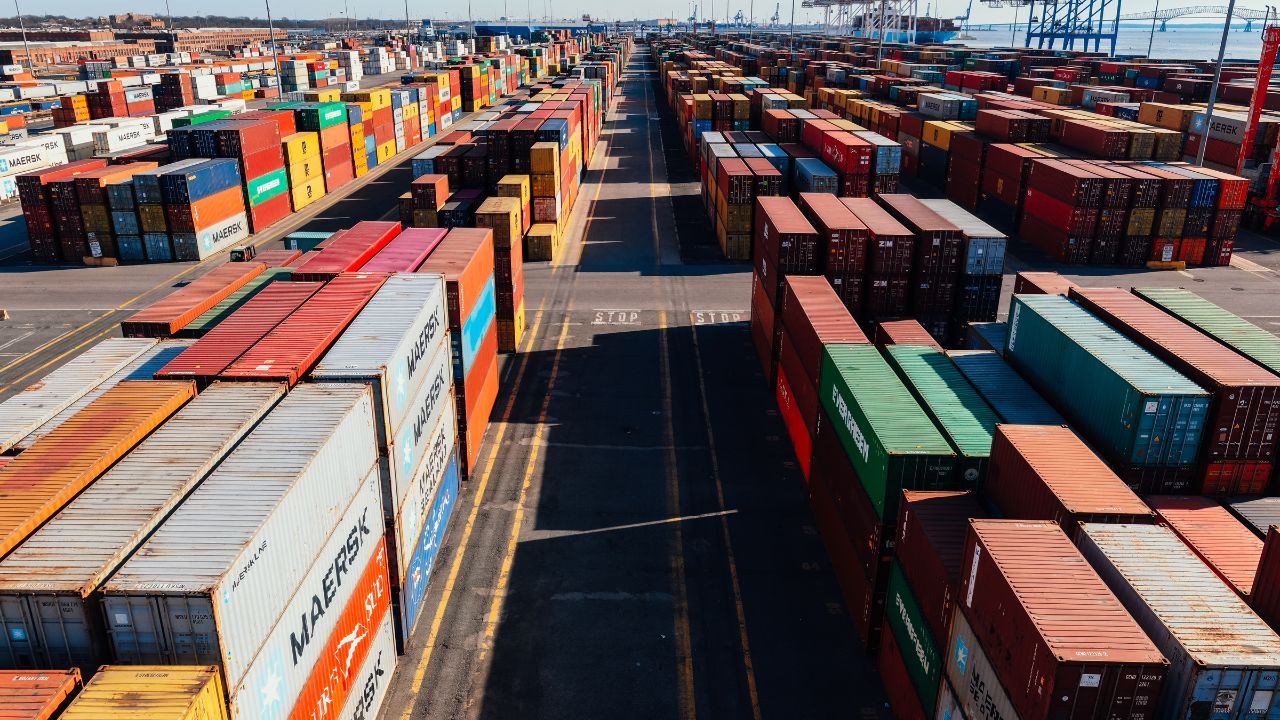The Advance License Scheme is an important part of India’s Foreign Trade Policy, through which exporters can utilize the duty-free import of their manufacturing materials for exportable goods. Though this program enhances a lot of competitive advantage, its application process becomes quite stringent and needs precision.
Common errors that cause many applicants to face setbacks range from wrong documentation to the misinterpretation of eligibility criteria. Businesses preparing to tap into this opportunity in 2025 must avoid such mistakes to ensure smooth and successful applications.
Common Mistakes During Application for Advance License Scheme 2025
The Advance License Scheme 2025 is a critical part of India’s Foreign Trade Policy. It allows duty-free importation of inputs needed to manufacture export goods. There are significant benefits for exporters through this scheme, but the process of application is cumbersome. Many applicants commit avoidable mistakes, which results in delay or rejection. Here are the common errors and how to avoid them while applying for an Advance License Scheme 2025:
Incorrect Documentation
Incomplete or incorrectly filled documents are some of the most common reasons why applications for Advance license are rejected. Most applicants fail to present all necessary documents or have provided wrong information, which will delay or outright deny their application. Proper documentation helps avoid such setbacks.
An elaborate checklist of necessary documents needs to be prepared to address this issue. Some of the relevant documents are production licenses, earlier records of exports, GST registration, and IEC. All forms should also be filled up very carefully. Each form should be accompanied with all the supporting documents. It will make the application procedure very smooth and the probability of mistakes will be drastically reduced.
Eligibility Conditions Mistakenly Understood
Some business people apply without knowing the eligibility. For example, Advance licenses are mainly for manufacturers and merchant exporters who are associated with export obligations. To avoid this, go through the latest FTP to know if there is any change in the eligibility criteria. Make sure your business satisfies the eligibility criteria set by the Advance License.
Incorrect details of Export Obligation
Ambiguity or inaccuracies regarding the export responsibility deadlines, amount, and description of the product may result in mistakes. Therefore, to avoid such problems, it is important to specify commodities to be exported, exact amounts, and the schedule for fulfillment while applying. In such cases, keeping transparency and accuracy while mentioning these details would avoid difficulties at later stages.
Failure to use the DGFT portal properly
Uploading of incorrect file format and/or failure to submit the application prior to deadline. Get acquainted with the DGFT portal. Read the user guide published by DGFT, as well as help desk services on the DGFT portal for accessing their portal for filing. Cross check upload before uploading with the guidelines regarding file formats and sizes. Failure in Pre-Approval Verification
Ignoring the pre-verification of details such as HS codes (Harmonised System codes) and input-output norms. The solution for this is to verify that the HS codes of inputs and outputs match your trade requirements. Consult the Handbook of Procedures or seek expert advice to confirm input-output norms applicable to your industry.
Failure to consider updates in policy
Using outdated information regarding the Advance License Scheme 2025 or missing amendments in the policy may cause severe problems while filing an application. Therefore, checking the DGFT website from time to time and keeping up-to-date with any amendment in the regulations is essential.
Subscribing to newsletters on trade-related issues and joining industry forums also provides timely alerts and information regarding policy amendments so that one can stay ahead of deadlines and provide compliance.
Ignoring Compliance after Licensure
Failure to adhere to post-license obligations, including maintenance of proper records or submission of redemption applications after fulfilling export obligations, is another common mistake resulting in penalties.
Keeping accurate records of imports, exports, and duty exemptions availed during the license period is also important. Also, submission of closure reports and other required documents on time will help in ensuring compliance and avoid unnecessary complications.
Not seeking professional help
Because of the complexities involved, the application process is often done with errors and inefficiencies when done without professional assistance. To avoid such issues, it is recommended to hire consultants or trading advisors who have experience in DGFT procedures. They will guide you through the complex regulations with their knowledge, ensuring accuracy and compliance while helping you avoid costly mistakes.
Submission of Unrealistic Projections
Overestimating the export capacity may lead to unfulfilled commitments and heavy fines, which creates financial pressure and damages the reputation of the exporter. It is therefore important to give reasonable and achievable export forecasts based on actual capacity and market conditions to avoid this. Overpromising might seem attractive at first, but it leads to long-term liabilities and complicated relationships with the regulatory bodies.
The applications submitted close to the deadline are likely to have very little time left for clarifications or corrections in errors, leading to delay or rejection. It is thus very important to plan well in advance to avoid such things.
Start early to obtain enough time for gathering relevant paperwork, analyzing the details further, and discussing any agreements. This frontloading strategy reduces the likelihood of a last minute problem and therefore ensures that the application will be smothered to its completion.
Conclusion
The Advance License Scheme 2025 is a useful tool for Indian exporters, but the application procedure requires accuracy and careful planning. Avoid these common mistakes and stay informed about policy changes to ensure a smooth and successful application in 2025. Time-saving aside, careful preparation and attention to detail will also help maximize the benefits of this scheme.











